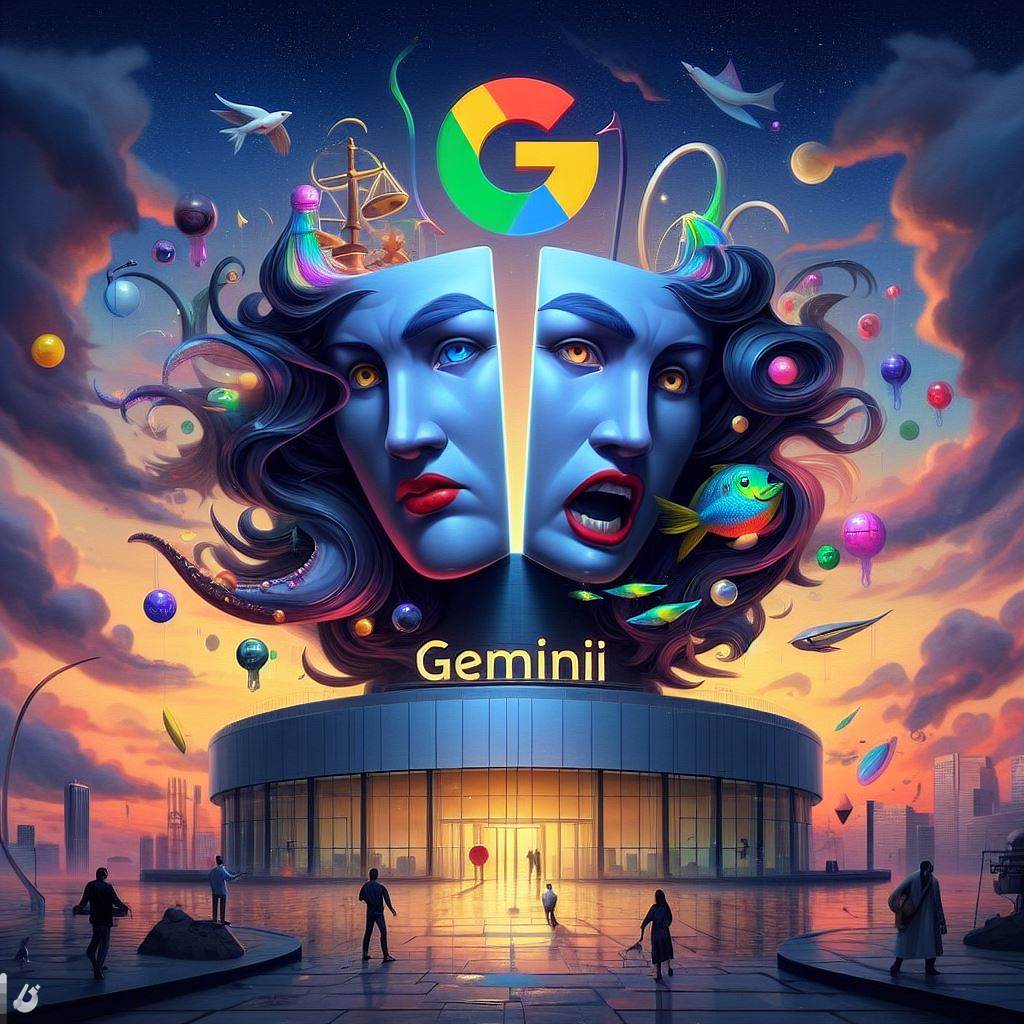
In a stunning turn of events, Google's much-lauded Gemini tech demo, released on December 7, has come under fire for allegedly presenting a misleading picture of the artificial intelligence model's capabilities. Initially praised for its seamless interaction with a human operator in a widely-viewed six-minute video, critics now claim that portions of the demo were "basically entirely fake."
The video showcased Gemini analyzing a duck drawing, interpreting hand gestures, and even inventing a game called "Guess the Country" with an image prompt of the world map. However, Google DeepMind executive Oriol Vinyals has since admitted that while the prompts and outputs are real, they were "shortened for brevity." The actual interactions were text-based and considerably more time-consuming than portrayed in the video.
Despite a disclaimer on YouTube acknowledging the reduction in latency and the shortening of Gemini outputs for the demo's purposes, social media has been flooded with accusations of deception. Software developers and even Google employees have expressed their discontent, with claims that the video presents an unrealistic view of Gemini's capabilities.
One Google employee told Bloomberg that the video demonstrates how easy it is to make the AI tool appear more advanced than it truly is, raising questions about transparency. Although some argue that a degree of marketing embellishment is expected, others insist that the video crossed ethical boundaries by creating a false narrative about Gemini.
In response to the controversy, Google stands by its claim that Gemini surpasses leading AI models in various benchmarks related to reasoning, math, language, and other metrics, even outperforming GPT-4 in seven out of eight tested benchmarks. The incident raises broader questions about the ethical considerations of showcasing cutting-edge AI technologies and the need for transparency in the rapidly evolving field of artificial intelligence.